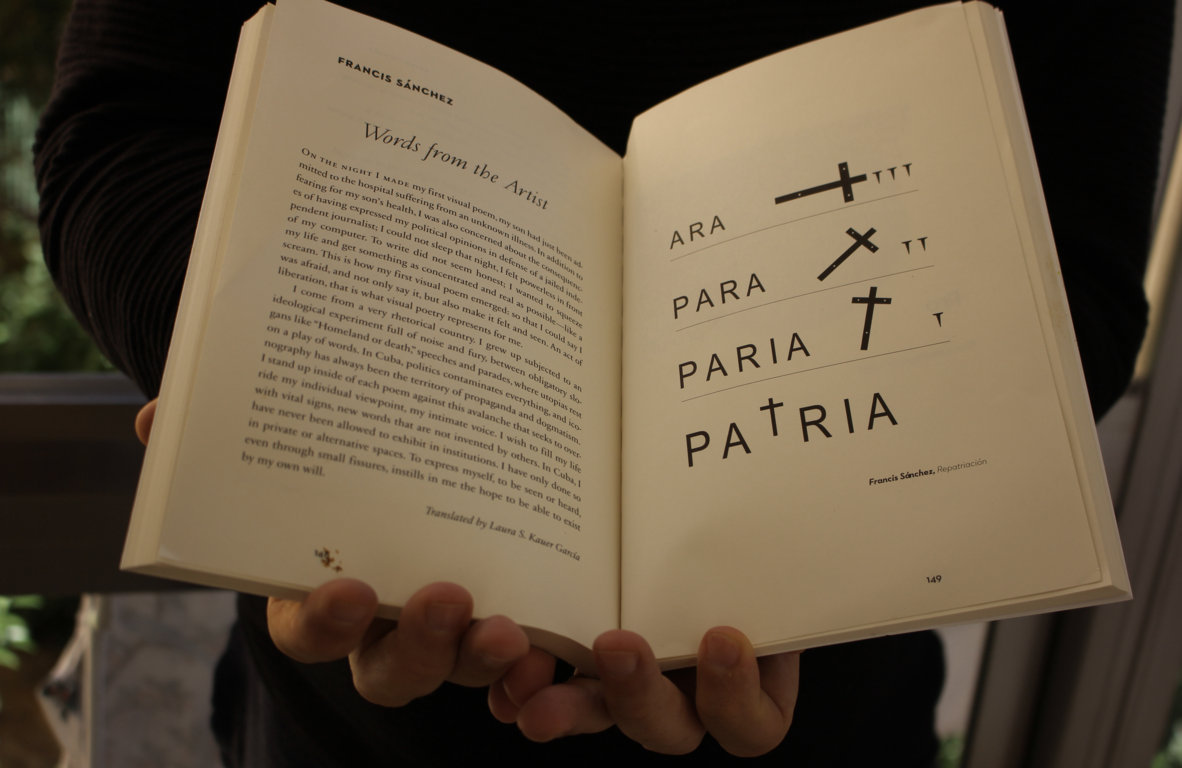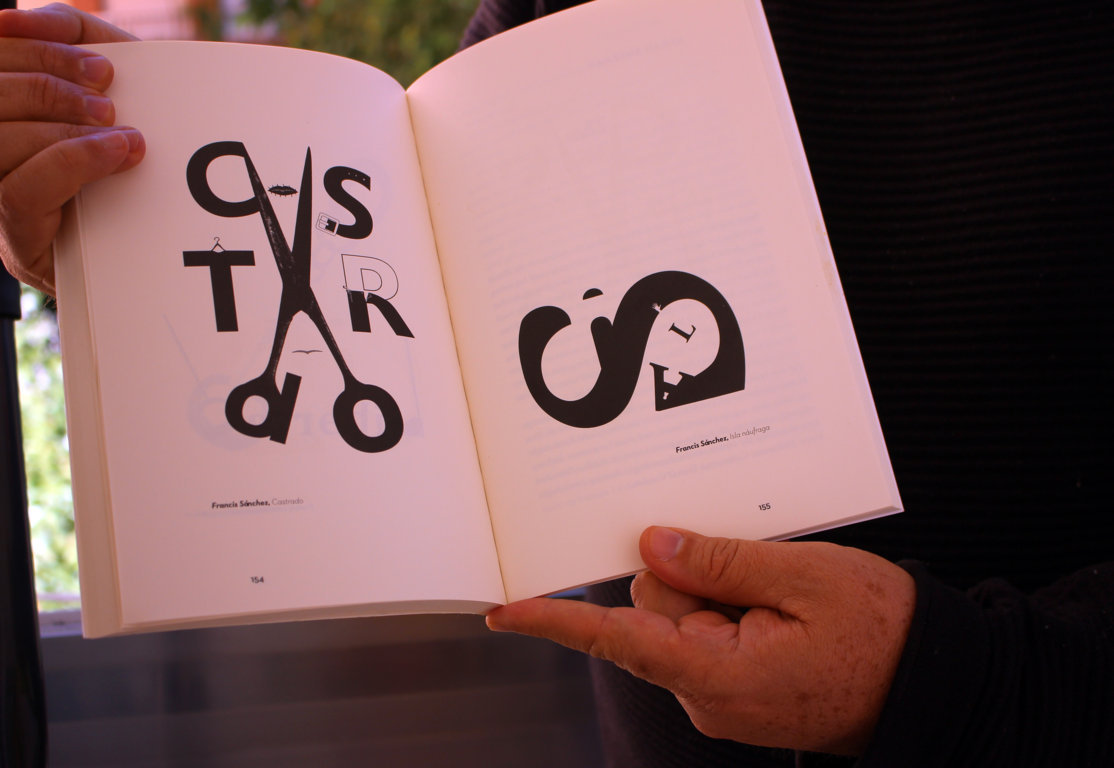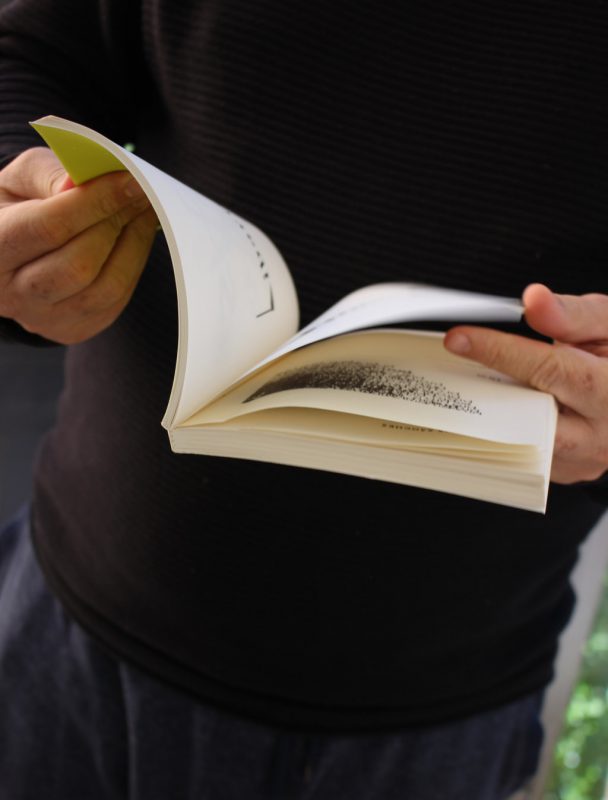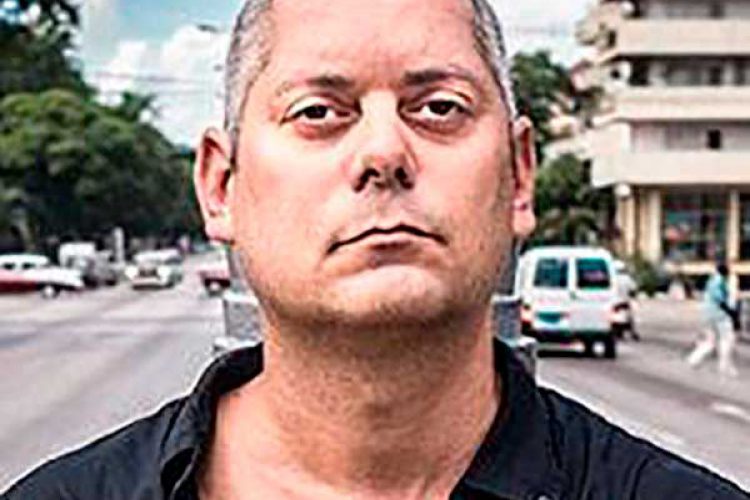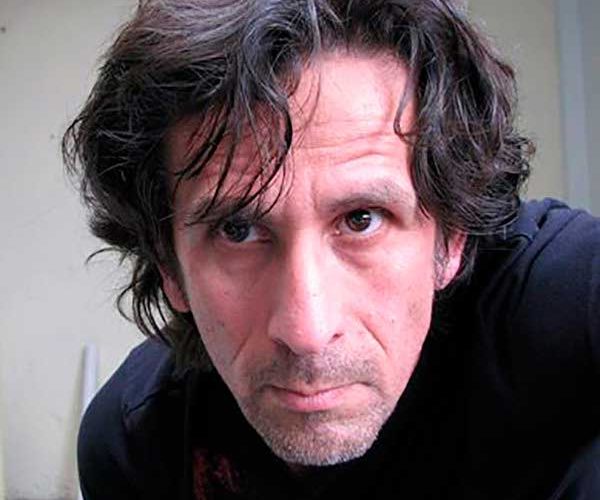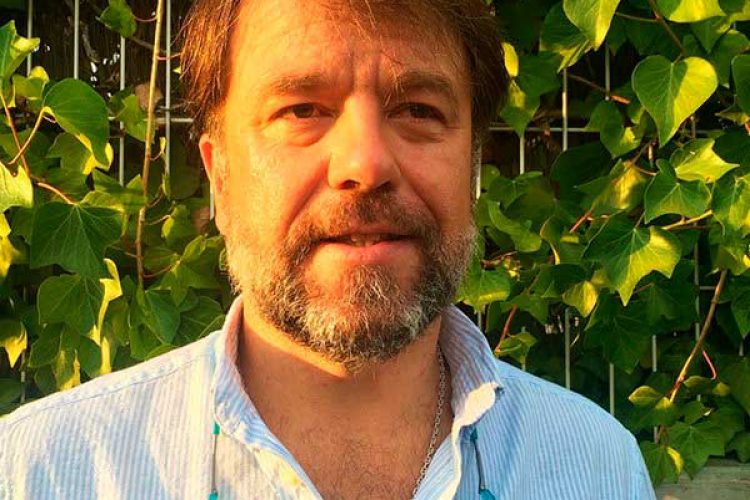Harvard Review
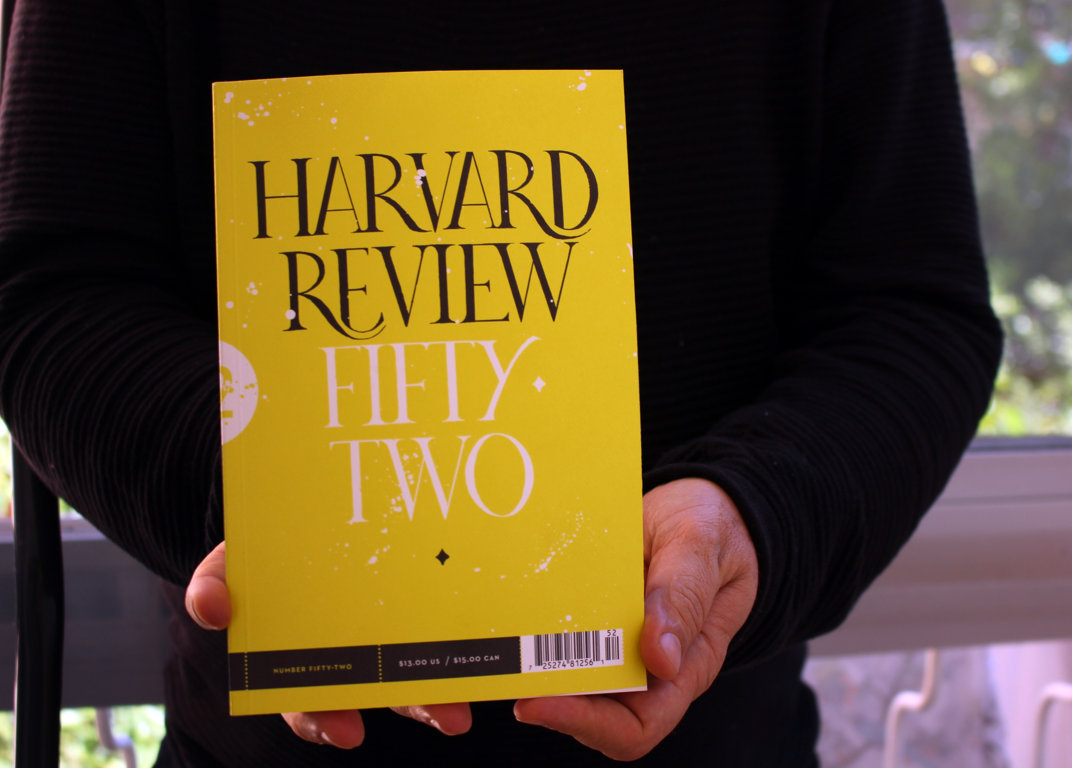
Dossier de poesía visual.
Publicación: Harvard Review (Harvard University, fifty-two, 2018, pp. 148-155).
Traducción: Laura S. Kauer García.
Comprar aquí la revista Harvard Review, fifty two, 2018.
WORDS FROM THE ARTIST
I made my first visual poem on the night my son was admitted to the hospital, suffering from an unknown illness. At the same, I feared consequences for having expressed my political opinions on a blog, raising my voice in defense of a jailed independent journalist. I could not sleep that night, I felt caged in front of my computer. To start writing did not seem honest; I wanted to squeeze my life and from it get something as concentrated and real as possible, like a scream. I also needed to entertain myself and play like a child with forms and volume in order for that night to pass quickly. My first visual poem emerged like that, so I could say that I was afraid, and not only say it, but to also make it felt and seen. A liberating act, that is what visual poetry represents for me.
I take basic experiences where my worries condense and I want the poem to seem already made, natural, just like a shard of glass on the beach. When I am working on a piece and rest my eye, I want to return to it and not notice any efforts. I need the message to be conveyed on the first impression, at a glance – giving the illusion that everything is on the surface – but after the first reading, for new reverberation to follow each other, even contradictory ones. Instead of transmitting messages or intentions, I try to catch an intimate tension. To me, as I understand it, visual poetry always maintains a certain frontier character, divided between writing and other forms of representation.
In Cuba, visual poetry does not have a long tradition. The vanguards, at the beginning of the 20th century, barely stirred the predominantly traditional discourse in the island. Even compositional experimentation has been discreet until the arrival of the digital age, with the exceptions of Severo Sarduy, Samuel Feijóo and Rafael Almanza, among other. My most important references come from my knowledge – thanks to the Internet – of contemporary visual poets, like the Catalonian Joan Brossa and the Czech Václav Havel.
I come from a very rhetorical country. I grew up subjected to an ideological experiment full of noise and fury, between obligatory slogans like “Homeland or death,” speeches and parades, where utopias rest on a play of words. Here politics contaminate everything and the iconography has always been the territory of propaganda and dogmatism. I stand up inside of each poem against this avalanche that seeks to override my individual viewpoint, my intimate voice. I wish to fill my life with vital signs, new words that are not invented by others. In Cuba I have never been allowed to exhibit in institutions, I have only done so in private or alternatives spaces. To express myself, to be seen or heard, even through the tiniest of fissures, instills in me the hope to be able to exist by my own will.
